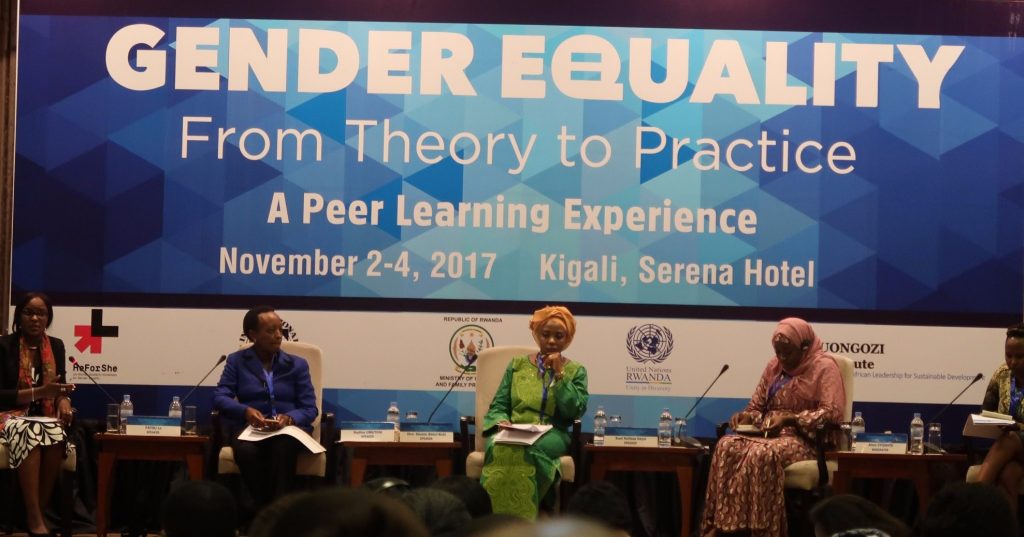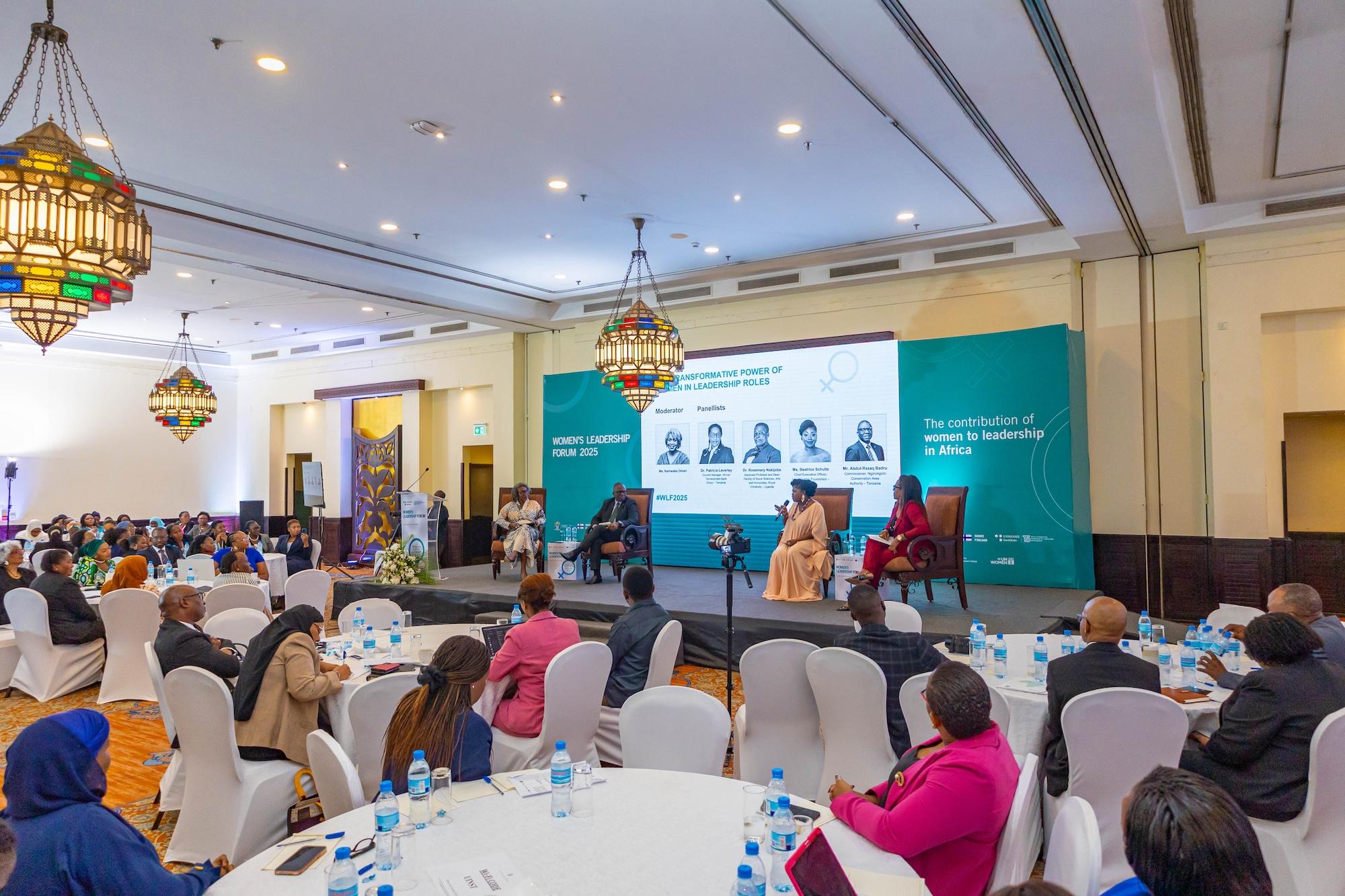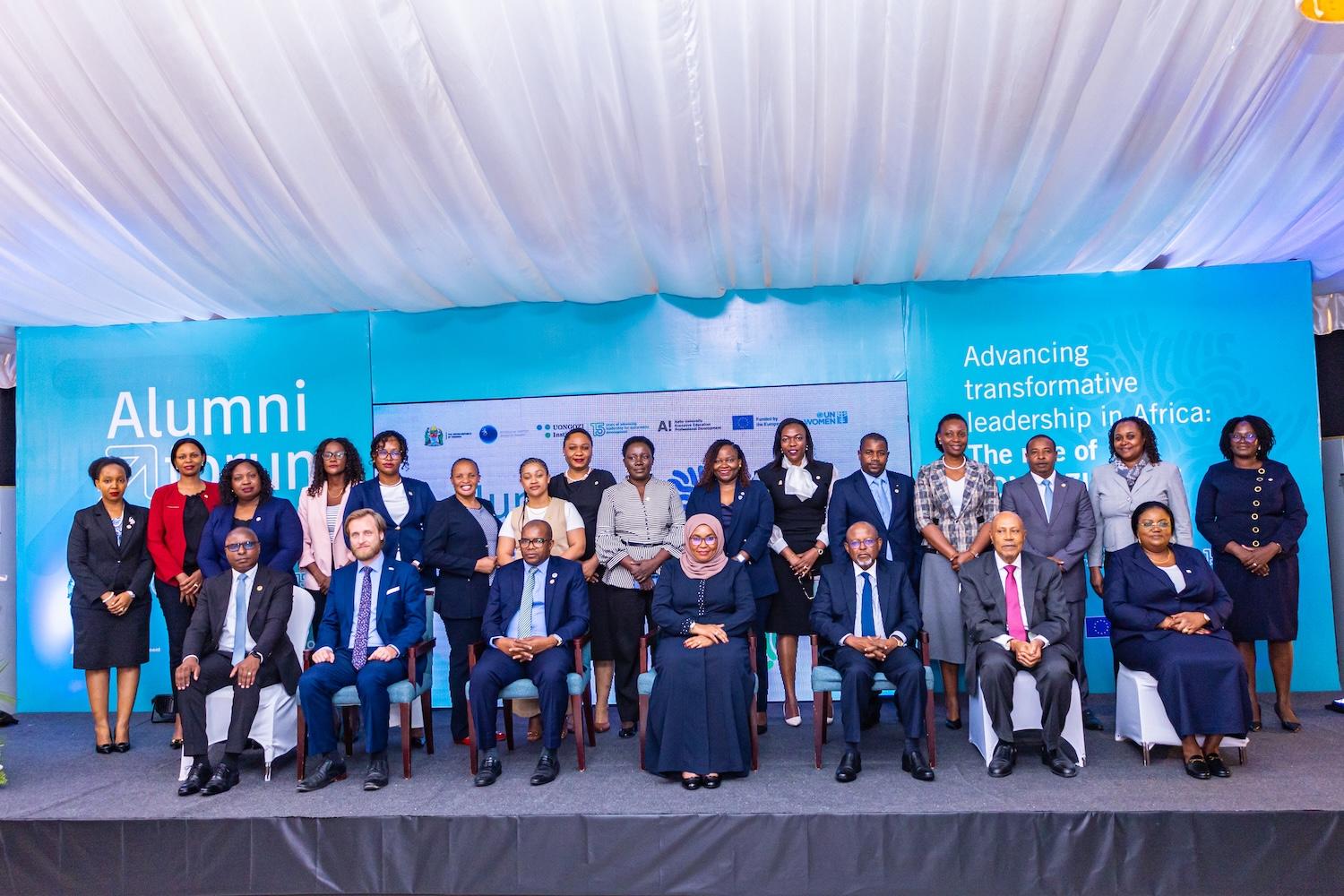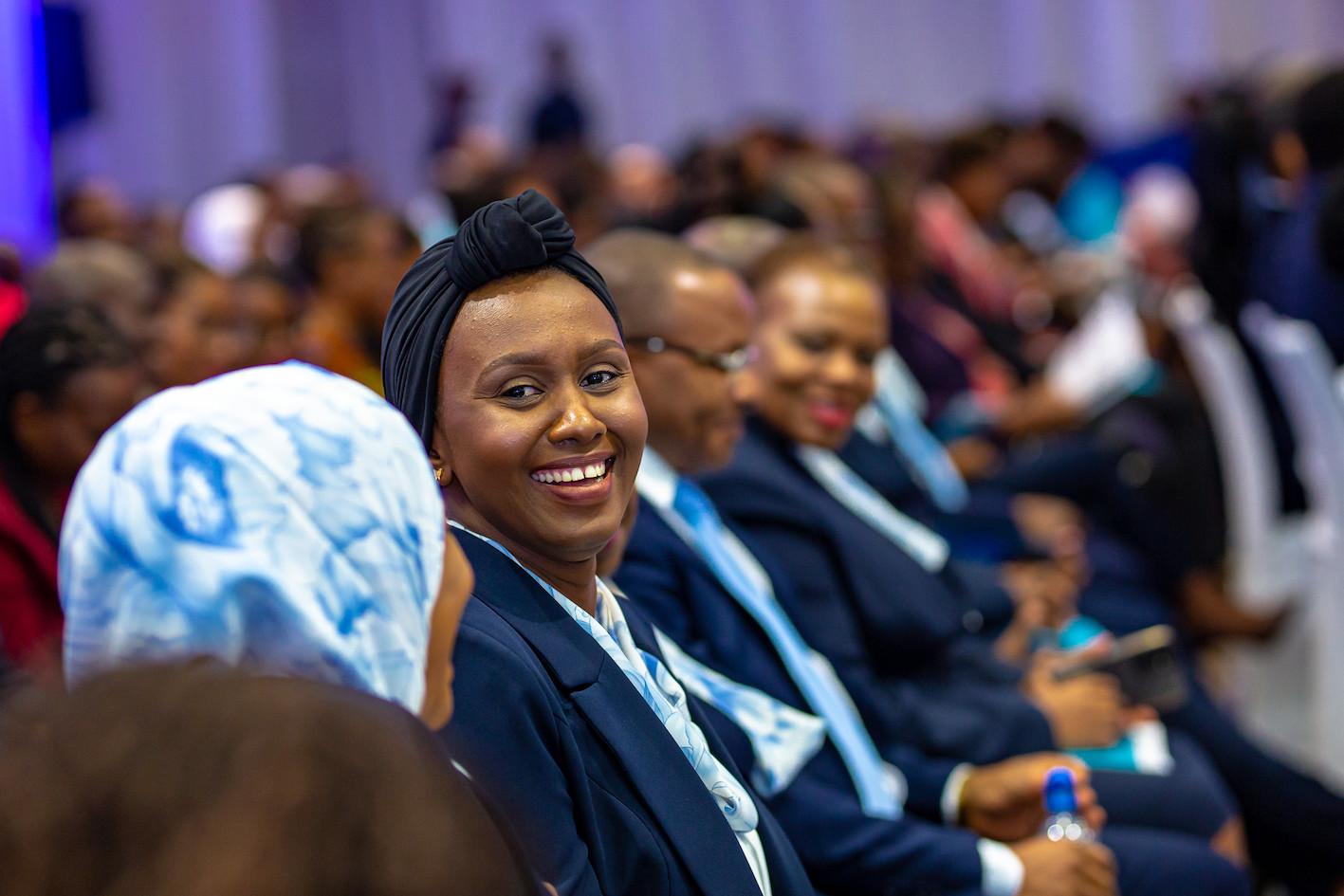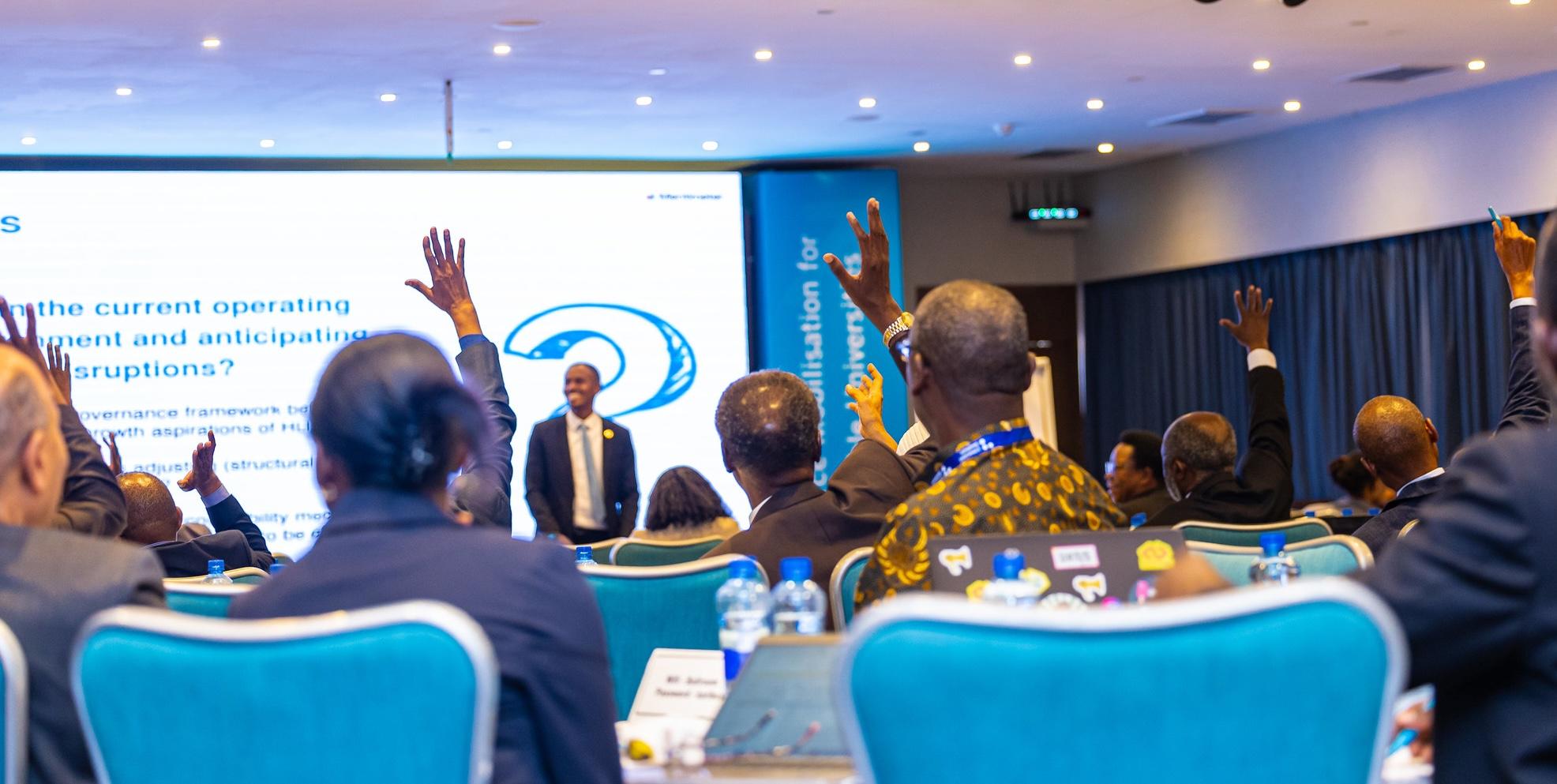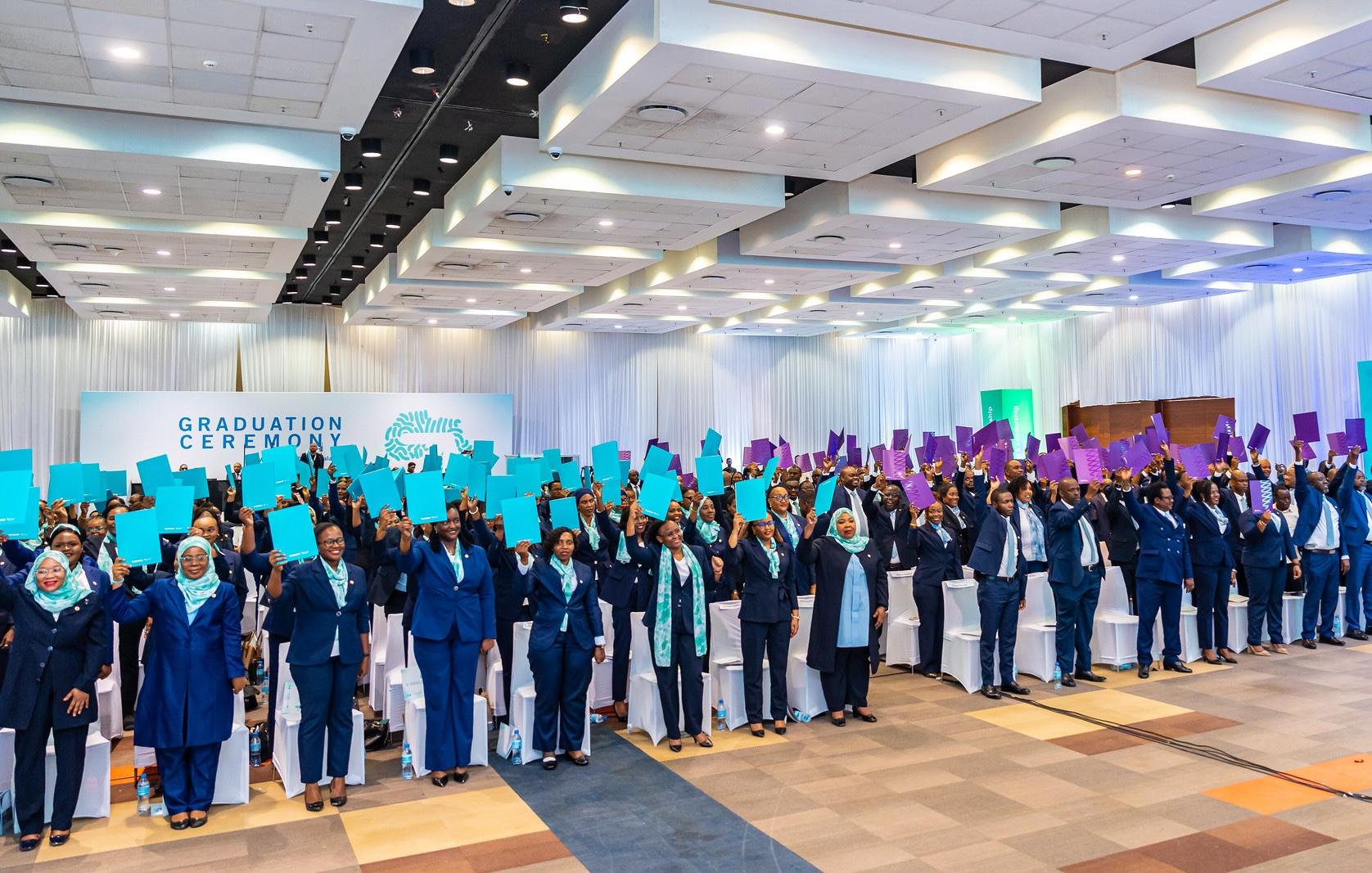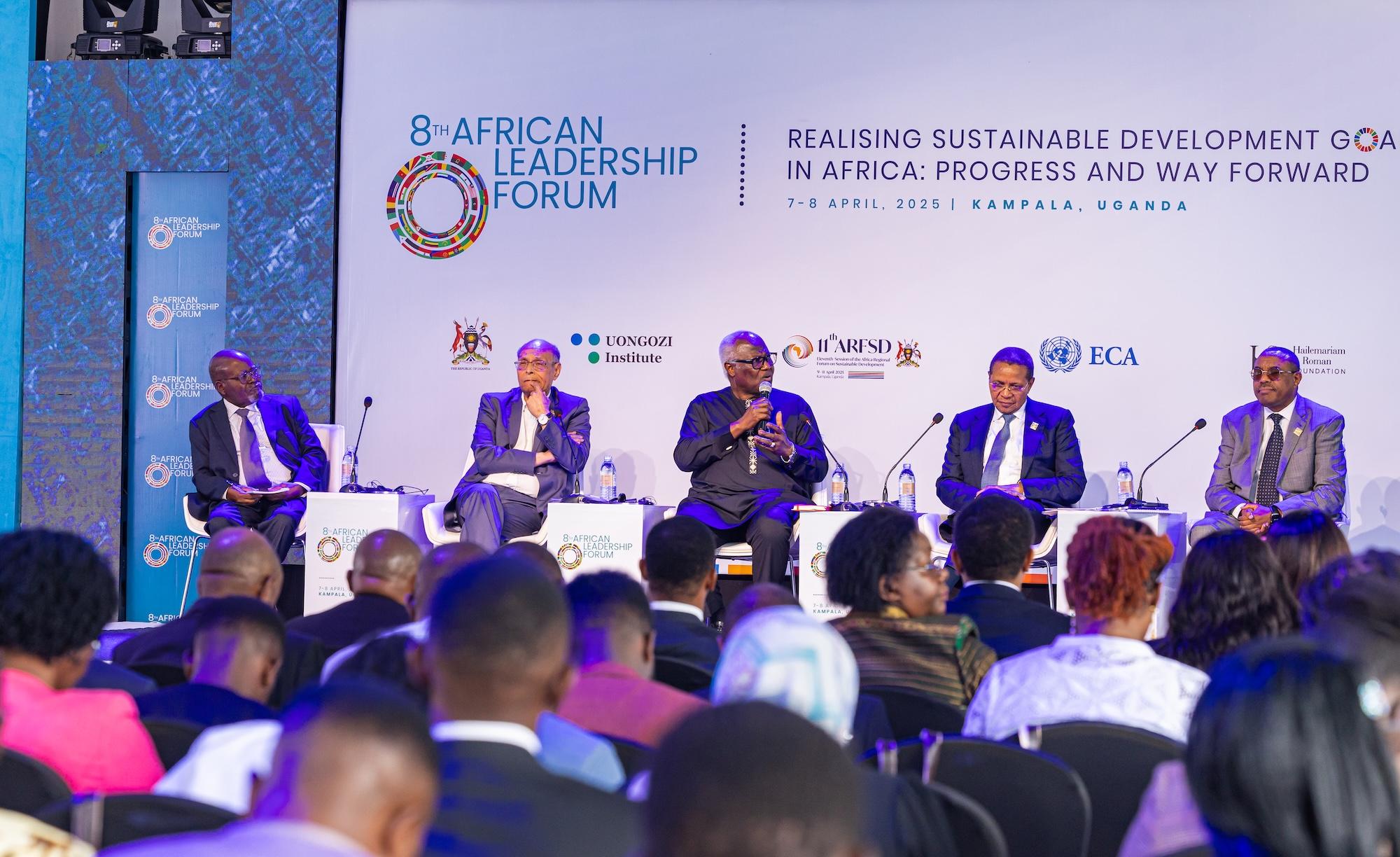Over 100 stakeholders in gender development from different parts of Africa and the world gathered in Kigali from 2 – 4 November, 2017, for the Peer Learning Conference on Gender Equality. The three-day conference was organised by the International Monetary Fund (IMF), the Ministry of Gender and Family Promotion (MIGEPROF), UN Women and the UONGOZI Institute.
The aim of the Conference was to spread best-practices in promoting gender equality beyond the dissemination of theoretical approaches; to serve as a forum for policy makers, gender advocates and civil society to exchange information on and approaches to successful initiatives designed to close gender gaps; and to build a network for peer-learning within sub-Saharan Africa and therefore create the foundation for collaboration going forward.
The event featured an opening address by Madame Christine Lagarde, Managing Director, International Monetary Fund, delivered via video, where she introduced the theme and tone of the Peer Learning Experience. Madame Lagarde’s remarks focused on the importance of gender equality and closing the gender gap in macroeconomics and development. She stressed on the need for a tailored approach to gender equality and gender budgeting, so that countries can embark on the path together.
In her speech, Hon. Espérance Nyirasafari, the Rwandan Minister of Gender, Children and Family Promotion, said that for 20 years the country has seen significant progress in gender equality and women’s empowerment, which she attributed to good leadership and strong political will.
“Financial inclusion for Rwandan women increased from 36% in 2012 to 62.9% in 2016,” she said.
Hon. Nyirasafari further informed participants of achievements in Rwanda such as the revised law governing land, which grants equal rights between women and men on land access, ownership and utilization.
“The land reform allows 26% of women to own land and 54% to own land with their spouses,” she said, noting that land ownership was one of the critical and historical transformative opportunities that had been achieved for women’s economic empowerment in Rwanda, allowing poor and traditionally marginalised women to be able to access loans.
On his part, Dennis Rweyemamu, the Head of Research and Policy of UONGOZI Institute, said that gender issues are critical, with studies showing that if women were empowered, societies would have greater potential to prosper.
“That is why we believe we should bring this to the forefront for leaders to come from all over Africa to have a contribution and leave with a more collective understanding with their countries’ contexts in mind,” he said.
During the event, participants had the opportunity to engage in discussions, meet with the Rwanda Forum for Women Parliamentarians, and visit a number of women’s empowerment focused programmes in Rwanda. Best practices and challenges were highlighted and identified, respectively, in National Gender Strategies, public service delivery, data collection and dissemination, and creation of supportive environment.
In his closing remarks, Amb. Claver Gatete, the Rwandan Minister of Finance and Economic Planning, reiterated the correlation between gender equality and development.
“We cannot ignore half the population and claim that we have a growing economy. We must discuss the policies that close the gender gap in all areas and sectors that we think are critical,” he said, illustrating how gender responsive budgeting had been a strong learning experience for Rwanda, and how the Rwandese parliament is very vocal when it comes to Gender Responsive Budgeting.
Amb. Gatete ended his closing remarks by pointing out the need for more of such conferences to promote Gender Responsive Budgeting, and called upon IMF to support their coordination.
